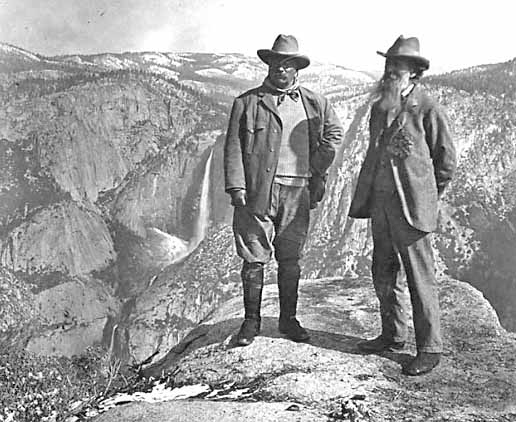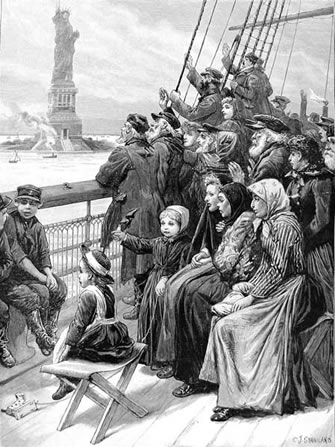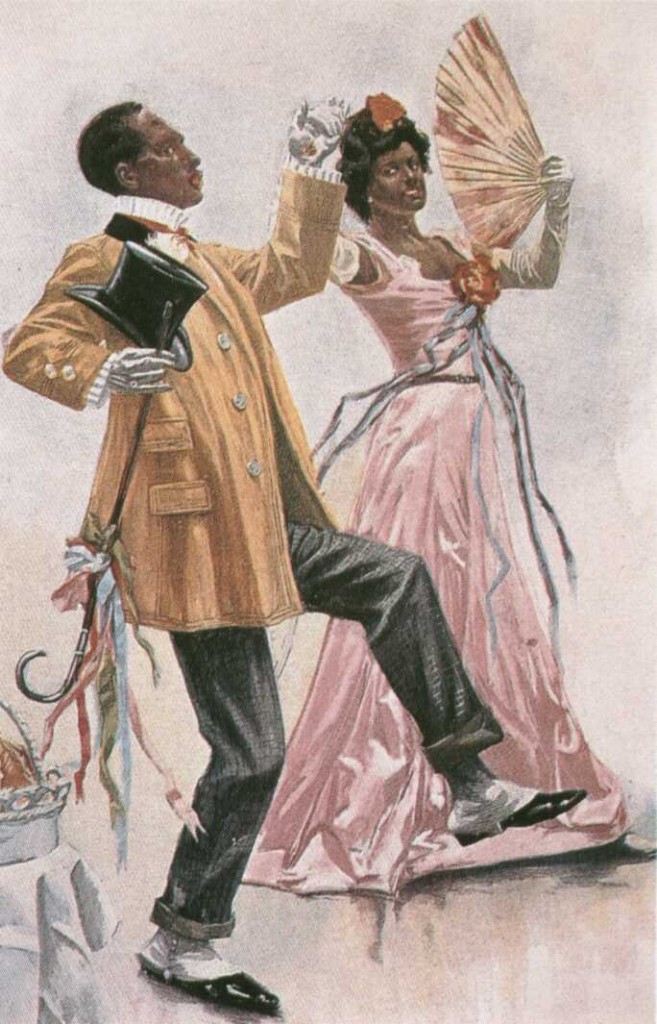The National Park Service was founded one hundred years ago on August 25. Natural conservation efforts accelerated during the Progressive era, where the increasing emphasis on environment and progress was inspired by a “broad range of social scientists [who] argued that human beings responded to their environment; people changed when their surroundings changed.” 1 J.N. Teal, Chairman of the Oregon Conservation Commission, echoed these ideals in his speech at the 1909 National Conservation Congress, where he declared that “[w]e have today within the limits of this nation all the natural resources to make a happy, prosperous and contented people.” 2

Gifford Pinchot, along with Theodore Roosevelt, John Muir, and others with a deep, abiding love for the United States’ natural resources, spurred the call to protect the forests, lakes, mountains, parks, and valleys whose boundaries were steadily being encroached upon by urban sprawl and the mechanized agricultural industry. Pinchot’s The Fight For Conservation is considered a seminal text in conservation history.
Within a year of the act’s passing, the public reservations under control of the National Park Service included Crater Lake, Mesa Verde, Mount McKinley, Wind Cave, Yellowstone, Yosemite, Muir Woods, and more.
![Glenns Lake, Pyramid Peak, and the Shepard Glacier [Glacier National Park, Montana]](https://www.edwardianpromenade.com/wp-content/uploads/Glenns-Park.jpg)
The National Park Service is offering free admission to all 412 national parks from August 25 through August 28, and is hosting a variety of events to celebrate their centennial. Visit FindYourPark.com and EncuentraTuParque.com for more information.




